Reviewed by Robert Hugill on Sep 20 2016
Star rating:
A fine performance shows what sophisticated music there is in Mozart's first, unfinished singspiel
Ian Page and Classical Opera have reached Mozart's unfinished singspiel Zaide in their survey of the composer's operas on Signum. Ian Page conducts a strong cast with Sophie Bevan as Zaide, Allan Clayton as Gomatz, Jacques Imbrailo as Allazim, Stuart Jackson as Sultan Soliman and Darren Jeffery as Osmin.
Mozart began work on Zaide in 1779, four years after his previous opera Il re pastore. If completed, Zaide would arguably have been Mozart's first mature opera, in fact he laid aside composition to concentrate on the commission for Munich which would become Idomeneo (premiered in 1781). Zaide was written speculatively, to see if Mozart could get interest from the new German opera company which Emperor Joseph had founded in Vienna, hence the rather unusual decision to write a serious opera in German. It is clear that Mozart's operatic music had made a considerable leap since Il re pastore, and though incomplete the opera really impresses with the sheer sophistication of the writing, particularly the use of the orchestra.
Mozart did think of returning to Zaide after Idomeneo, once he had moved to Vienna, but he realised that Viennese audiences wanted something a bit lighter and the result was an entirely new piece, Die Entführung aus dem Serail. Zaide has a similar setting to this latter piece, and similar concerns with a female slave (Zaide) and her lover (Gomertz) keen to escape from the Sultan. But here there are no comic characters, and concerns are intensely serious, as befits a work whose origins lie in Voltaire's play Zaire. The libretto for Zaide does not survive, so we have no idea how the missing final act would have played out, the surviving second act ends with Zaide, and Gomertz recaptured after trying to escape and threatened with execution. No doubt the piece would have ended happily, but it seems unlikely that Mozart and his librettist Johann Andreas Schachtner were planning to use Voltaire's twist of having Zaide and Gomertz turn out to be brother and sister, with the guard who helped them, Allazim, being their father.
Lacking all this, we must simply enjoy the music and there is much to enjoy. As with previous titles in this series we can appreciate the care and attention which Ian Page and Classical Opera bring to the music, with finely shaped melodic lines, and attention to detail and clarity of texture in Mozart's fine orchestrations.


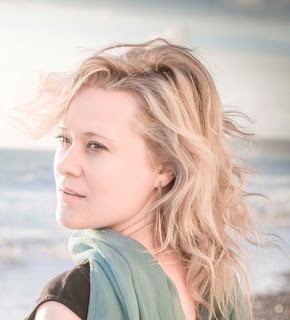

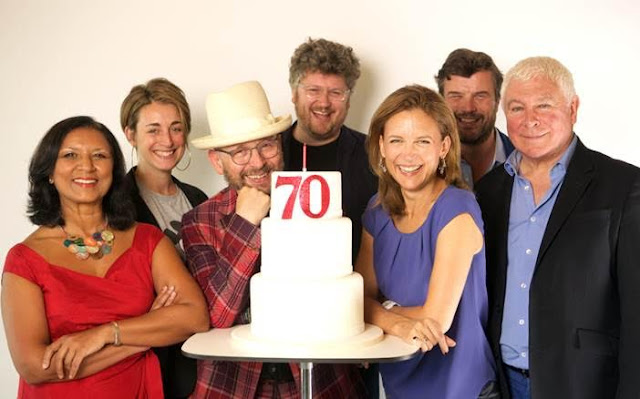
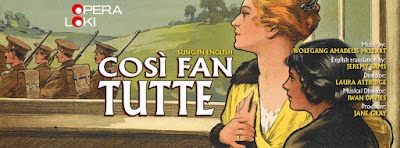








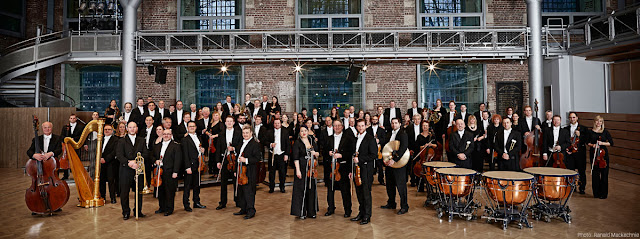

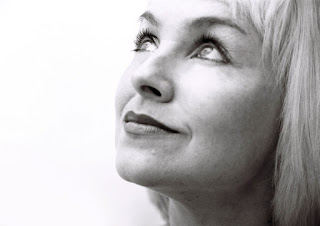

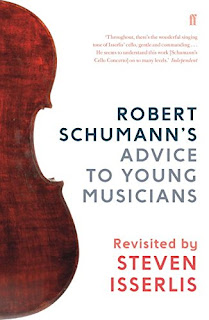











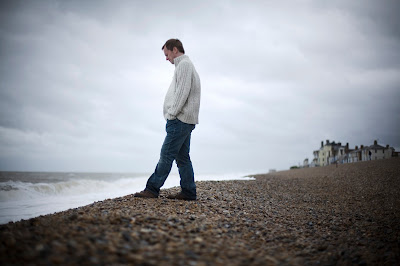



%20in%20The%20Merry%20Widow.%20Credit%20Mihaela%20Bodlovic.%20(2).jpg)

%20in%20Trial%20by%20Jury.%20Credit%20Mihaela%20Bodlovic..jpg)


%20Britten%20Pears%20Arts%20(1).jpg)

.jpg)
